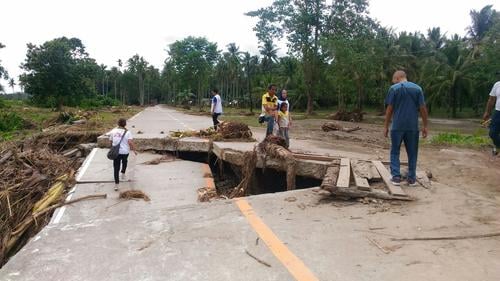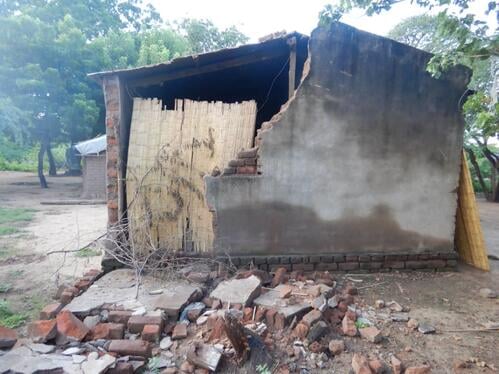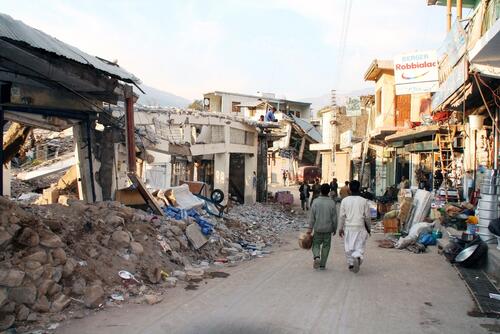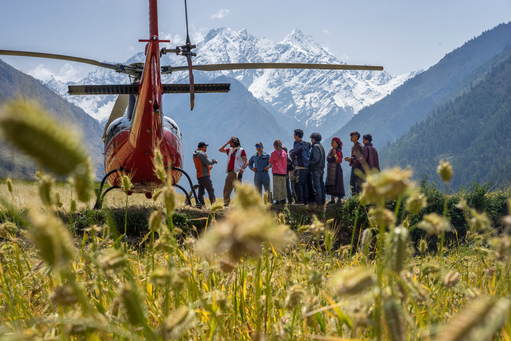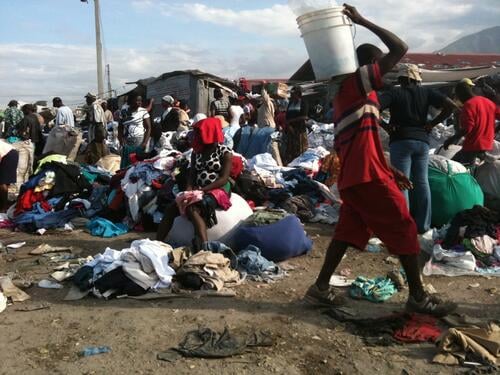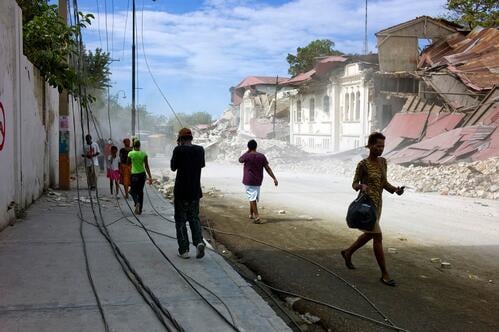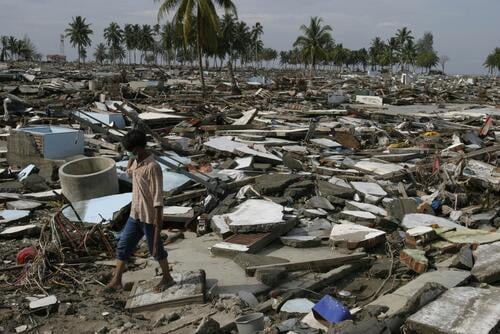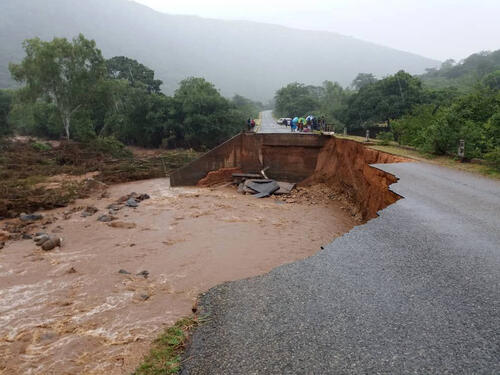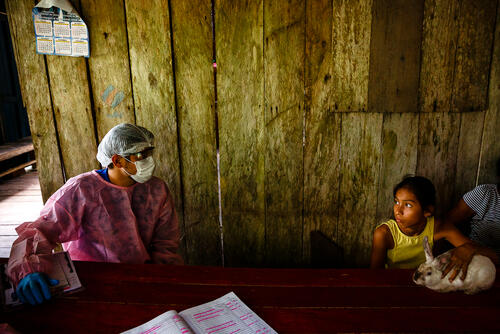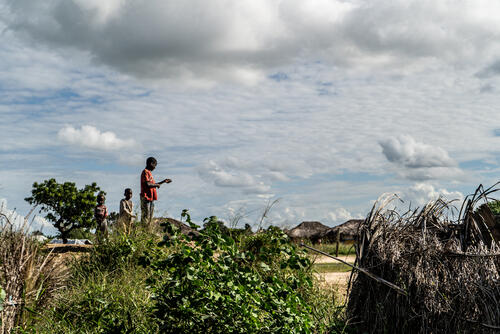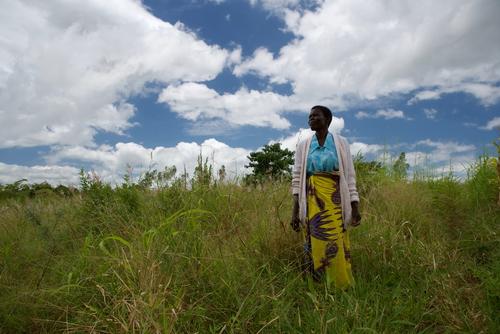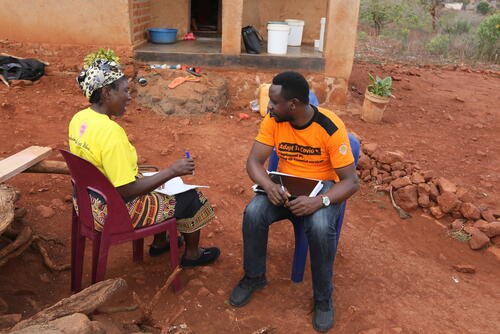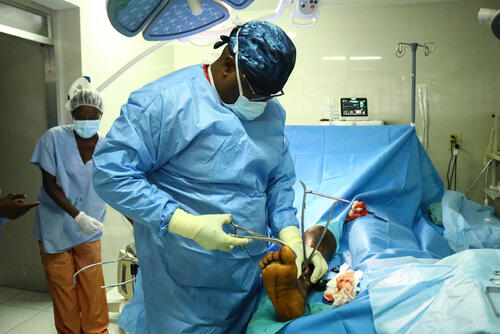Within a matter of minutes, natural hazards can affect the lives of tens of thousands of people. Hundreds or even thousands of people can be injured, homes and livelihoods destroyed. Access to clean water, healthcare services and transport can also be disrupted. The impact of each event varies greatly and our response must adapt to each situation.
Needs must be quickly identified, but accessing a disaster zone can be complex when roads are cut off. The first responders are people already on-site: community members, local authorities and aid organisations already present.
We keep pre-packaged kits to deploy for rapid relief and life-saving assistance. With projects in over 70 countries, we often have aid workers nearby when a disaster strikes. They can be reinforced with additional teams if a larger response is needed.
Featured
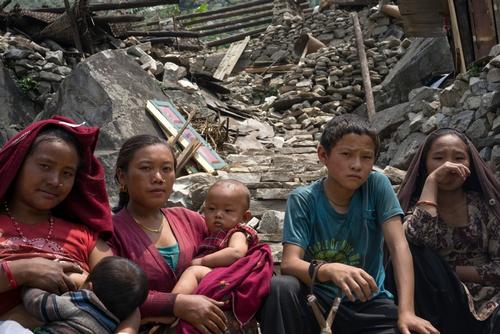
"Everyone is afraid" says head of mission
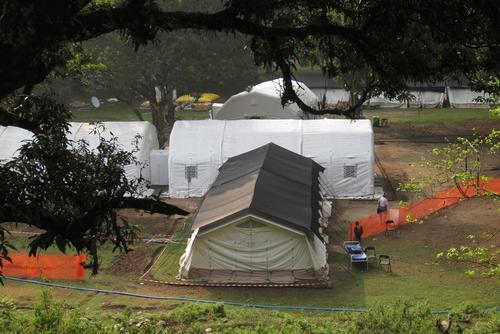
Victims twice over - MSF continues to assist people affected by the two earthquakes
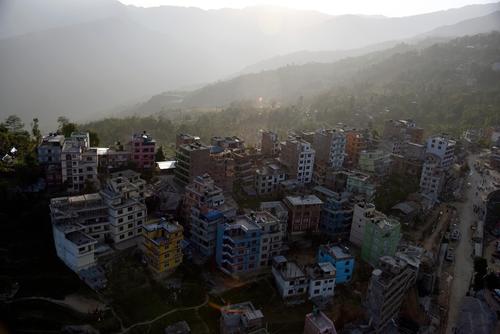
MSF teams witness destruction and despair of the second Nepal earthquake while assessing needs in remote areas

Second earthquake near Kathmandhu
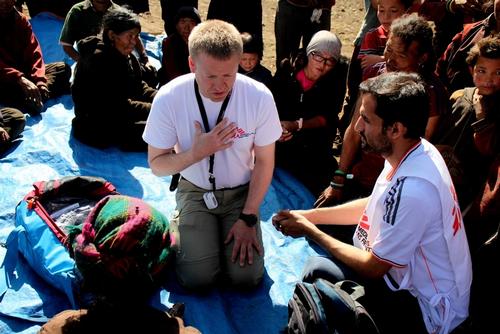
MSF starts reaching people in remote mountain regions by helicopter and on foot following the earthquake





